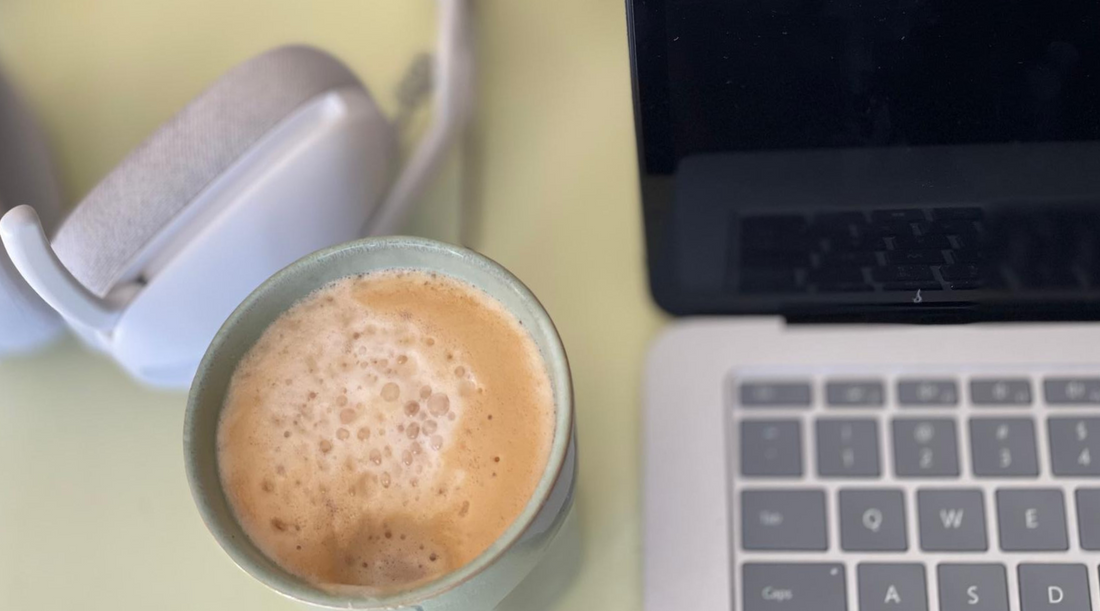
Caffeine and Exams: A Tricky Combo
When exam season rolls around, it’s common for teens (and adults) to reach for caffeine to power through late-night study sessions. Drinking coffee, energy or soft drinks might seem like the magic fix for staying alert but there’s a catch.
